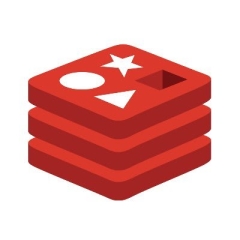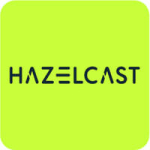I use Redis mostly to cache repeated data that is required. If I'm using a user wallet address, I don't need to call it all the time from the database. I do the cache using the solution.
The solution allows you to create a message of application publishing and messaging the application in other services. It helps a lot when I work with the microservice architecture.
I have been using Redis for four years.
I haven’t faced any stability issues with the solution.
I have never faced any issues with the solution’s scalability.
The solution is easy to set up and has very clear documentation.
To deploy Redis, you need knowledge about JavaScript, programming, and how data structures are stored. It takes around five to ten minutes to deploy the solution.
With Redis, I can create lists and key-value pairs. The solution also provides many features for storing data in cache. Storing data in memory using Redis is faster than using traditional databases like Postgres or MySQL.
If you are communicating with the services, you can use the solution's Pub/Sub capabilities to send messages, store data in cache, and share it with other microservices. The solution's data persistence model has greatly benefited our resilience, especially when storing any key-value pair.
You can install the solution on the local machine or cloud servers like AWS or Google Cloud. I would recommend Redis to other users.
Overall, I rate the solution a nine out of ten.















